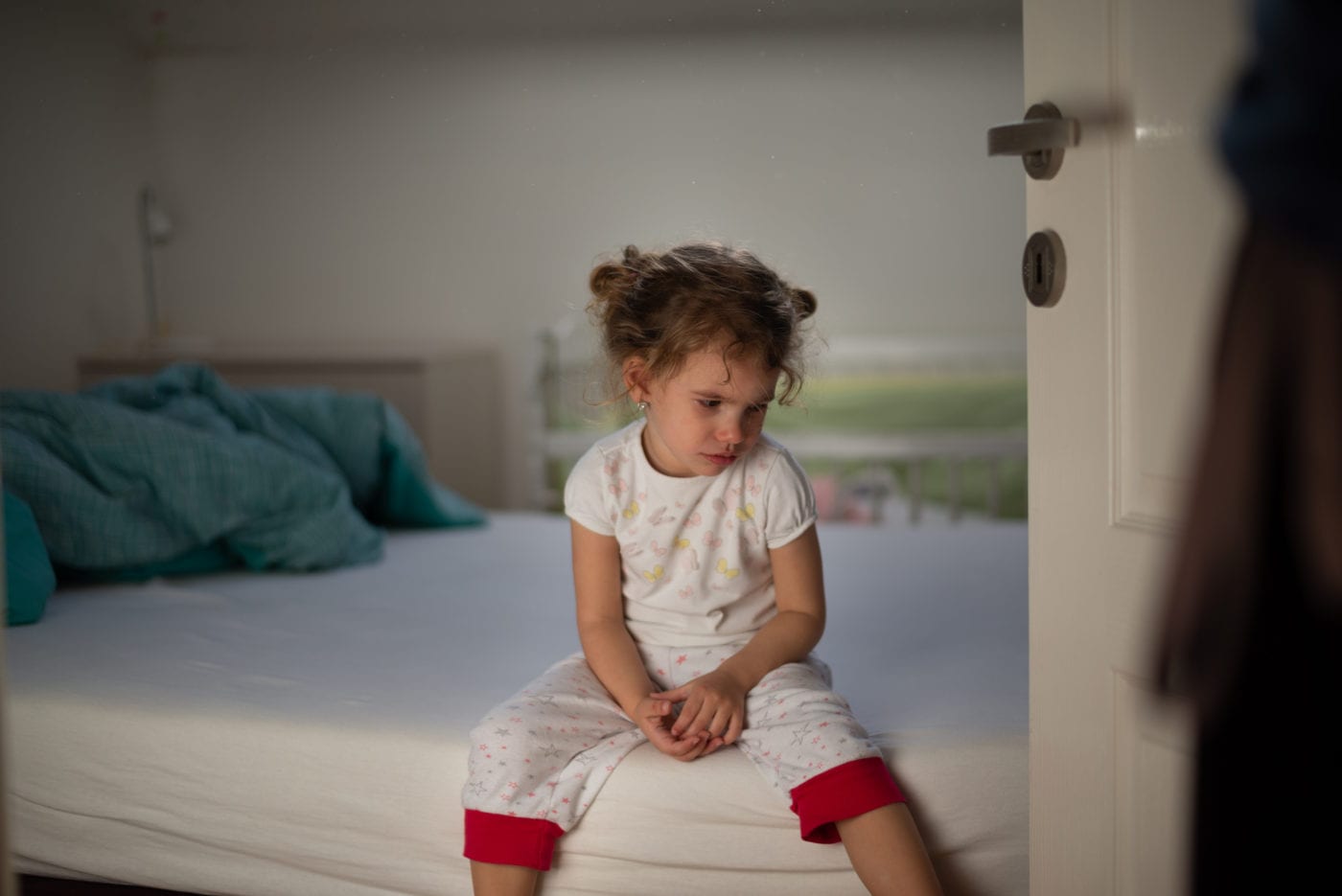I have to make a confession. I am a driven, highly motivated, overachiever with a Type-A personality. And one of my biggest concerns, when I became a parent, was about disciplining my children. Could I do it without damaging them? There is a famous proverb that says, “He who spares the rod hates his son.” Yet, another verse from the good book says, “Do not provoke your children to anger, lest they become discouraged.” It’s tough to know the best way to discipline a child.
So how do we as fathers walk that fine line of disciplining without hurting a child, pushing him without pushing him away, getting the best out of him without breaking his spirit? Here are 3 ways I’ve learned to discipline over my 20 years as a father of two.
1. Build them up without breaking them down.
If you love your children, having to discipline them is inevitable; but with every opportunity to discipline them also comes an opportunity to encourage them.
Instead of criticizing your kids’ bad behavior, and what they did or didn’t do, don’t miss the opportunity to remind them of who they are. Your children are not their behavior. Their behavior is a choice that should have nothing to do with their self-worth. Constantly remind your children that they’re better than their bad choices and that you’re proud of them and you love them because of who they are, not because of how they perform.
2. Don’t forget to disciple them while you’re disciplining them.
I know the word disciple may sound religious, but it’s not. Disciple (the verb form) is just the root word of “discipline,” which means to “teach, train, or instruct.” Discipline isn’t about punishing our children, but rather about preparing our children for the consequences of their choices and actions. Use every discipline moment as an opportunity to teach your child right and wrong by asking them some simple questions:
“Why do you think I had to punish you for doing that?”
“What did you learn from this experience?”
“What will you do differently the next time?”
3. Speak blessings into their lives, not curses.
You’re probably saying to yourself, “Who would dare speak a curse over their children?” Well, we do it unintentionally when we’re disciplining our children when we say things like, “You’re going to end up just like your older brother.” “You can’t do anything right.” “You’re such an idiot.” Statements like these may seem harmless at the time, but they’re seeds that could actually take root without you consciously knowing it. So be careful in the words you speak.
Instead, try life-affirming statements like:
“I know you’re better than this (behavior).”
“This isn’t the kind of person I know you want to grow up to become, is it?”
“I know you made a mistake, but I also know you’re going to learn from it and make us proud.”
Our desire for what’s best for our children should never cost us our relationship with them.
Sound off: In what ways do you discipline your children?












Huddle up with your kids and ask, “Do you know why I discipline you?”